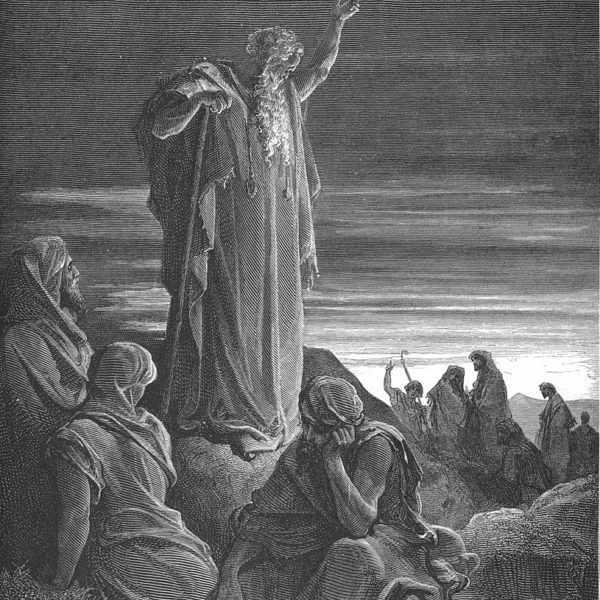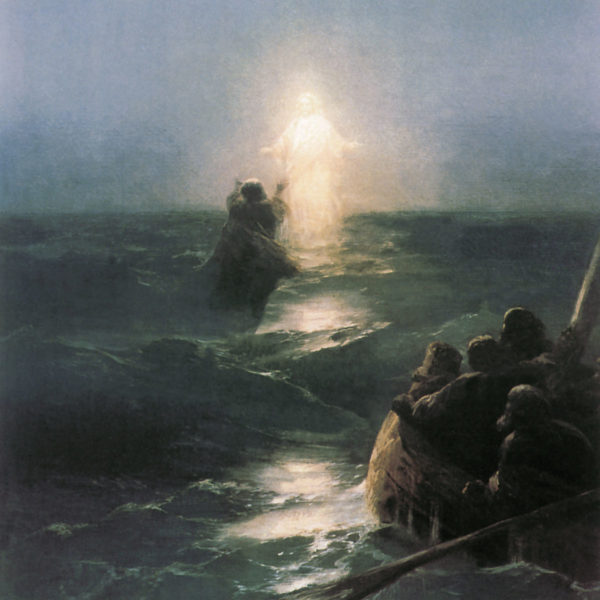
The prophet Jonah receives a lesson about the richness of God’s grace and our duty to welcome it, not only in our own lives, but also in the lives of our enemies.
By Fritz Wendt

Christians are called not to ignore despair, but to help sow joy in its wake; not to condone hate, but to be all the more zealous in their own loving in its face. The politics of overcoming evil are about neither ignoring nor condoning evil, but rather, fighting it with the strongest power possible—love.

No matter how established we may think we are in this life, we are always on the way to another. To steady our step and to guide our path, we need to practice hope.
By Fritz Wendt








